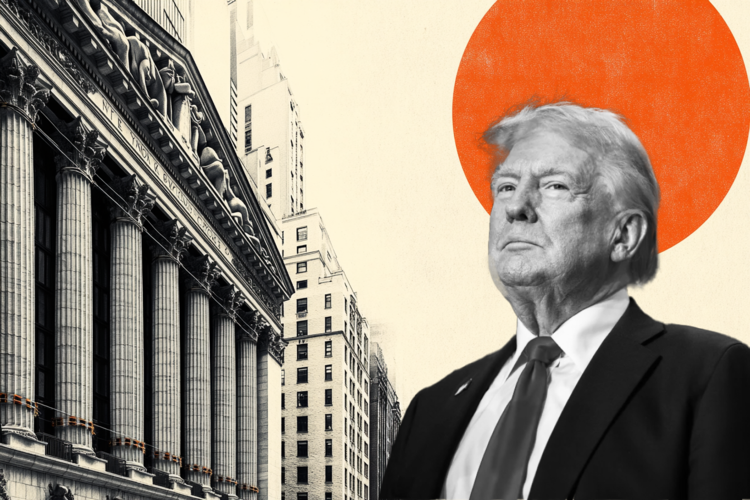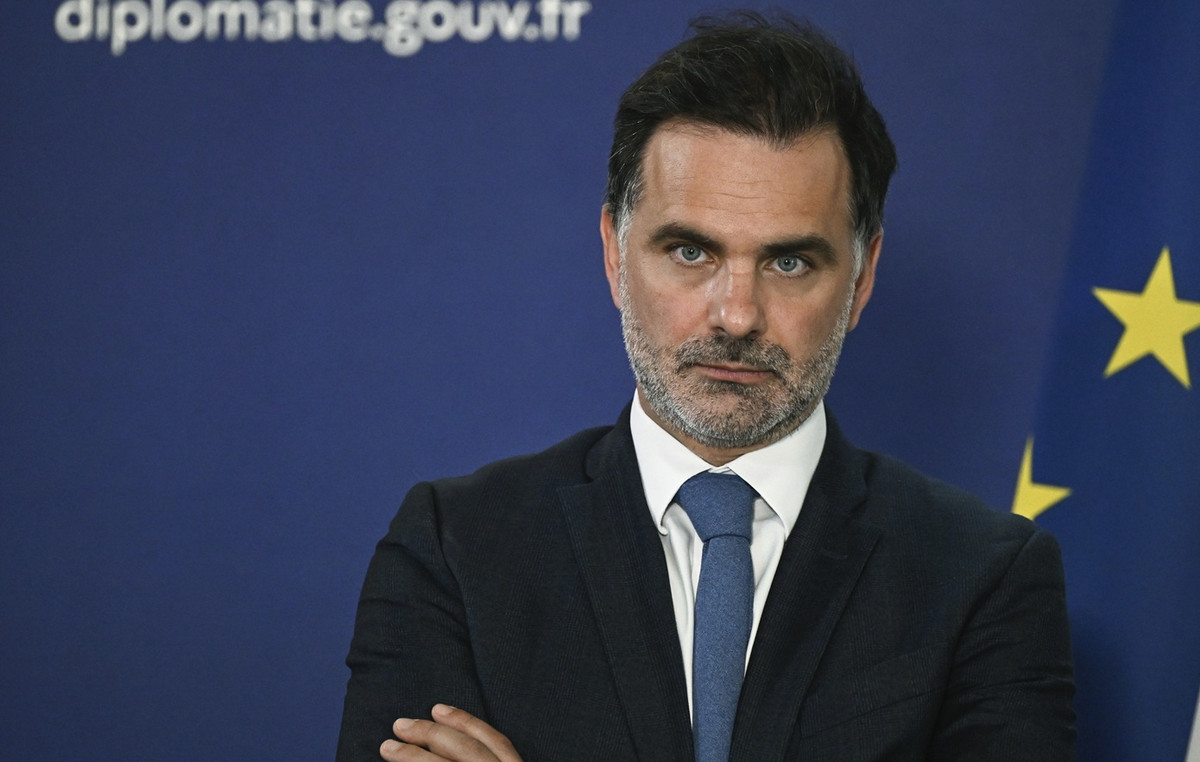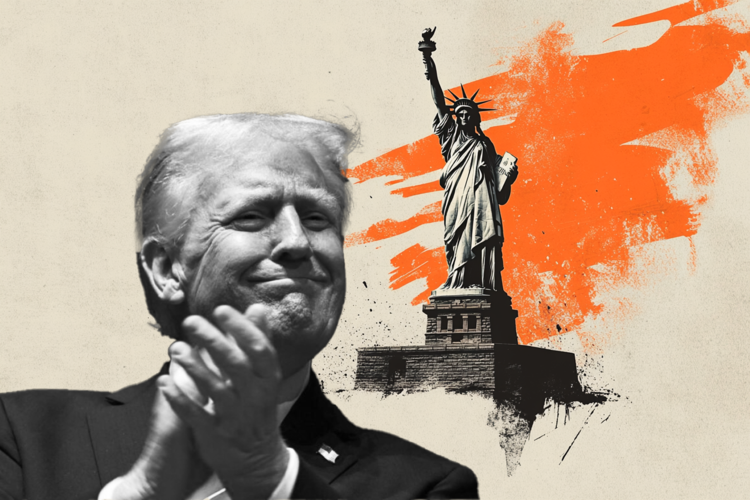The Ministry of Health announced this week that 1.2 million doses of vaccines against Covid-19 will be delivered to the public health network and allocated to priority groups. Recent data from the vaccination panel indicate that 8 in 10 people did not take all the booster doses.
Priority groups include:
- People aged 60 and over;
- People living in long-term care institutions (ILPI and RI), and their workers;
- Immunocompromised people from 5 years of age;
- Indigenous people (from 5 years of age);
- Ribeirinhos (from 5 years of age);
- Quilombolas (from 5 years of age);
- Pregnant and postpartum women;
- Health workers;
- People with permanent disabilities (from 5 years of age);
- People with comorbidities (from 5 years of age);
- Persons deprived of liberty (≥ 18 years old);
- Employees of the deprivation of liberty system;
- Adolescents and young people complying with socio-educational measures;
- People living on the streets.
These segments of the population have annual dose indication, or every six months .
Who needs to be vaccinated?
The Ministry of Health recommends for 2024 that people who have not taken any dose of the vaccine come forward to receive two doses, with a space of 4 weeks between doses. Priority groups must wait 6 months between doses .
Among the priority groups, immunocompromised people who have never been vaccinated should receive three doses of the COVID-19 vaccine, with an interval of 4 weeks between the first and second dose, and 8 weeks between the second and third dose (primary regimen for the immunocompromised) .
The folder recommends, for this audience, a booster dose of a bivalent vaccine or the most up-to-date vaccine available, which should be applied 6 months after the last dose of this regimen.
For those in the priority group who were already vaccinated before January 2024, the recommendation is that they receive at least one more dose of the vaccine. . For those who received two doses, before 2024, they must take the 3rd booster of the vaccine.
The monovalent vaccine is distributed to priority groups of children up to 12 years of age. The bivalent vaccine is applied to priority groups aged 12 and over.
Who is not part of the priority group
The Ministry of Health warns that people aged 5 or over, who do not belong to the priority groups and already have a primary schedule (two doses), do not need to receive a booster dose.
This happens because, at this moment, there is no indication of new doses.
Based on the WHO recommendation and guidance from the National Immunization Program (PNI), the vaccination strategy against Covid-19 in 2024 is to receive a booster dose for groups at greater risk of worsening the disease.
If traveling, the requirements of the destination country must be checked. If the country requires a vaccination schedule, and people without any doses, they can receive a schedule of up to two doses.
The Ministry informs that states and municipalities have the autonomy to evaluate situations individually with the aim of finding the best vaccination schedule, according to the availability of the vaccine and the requirements of the destination countries, which guarantees protection and safety of the population.
Ministry promises to distribute 1.2 million vaccines against Covid to regularize stocks
Data from the Ministry of Health updated this Monday (20) indicate that almost 80% of the population did not complete the bivalent vaccination schedule against Covid-19 . The numbers are worrying, according to the Brazilian Society of Infectious Diseases (SBI).
Among the states with the lowest Covid-19 vaccination coverage are Mato Grosso (10.1%), Tocantins (12.1%), Acre (12.9%), Maranhão (13.2%) and Roraima (13. 3%) . On the other hand, the states with the highest bivalent vaccination coverage do not reach 30% of the population. Between the states with the highest Covid-19 vaccination coverage are Piauí (28.9%), Federal District (28%), São Paulo (26.7%), Ceará (24.8%) and Sergipe (23.7% ).
Ministry of Health took a stance on the lack of vaccine doses for Covid-19. According to the ministry, 1.2 million doses will be delivered in the next few days, with a focus on immunizing children. See positioning in full:
The Ministry of Health begins distributing a new shipment of 1.2 million doses of the Covid-19 vaccine to states this week, regularizing stocks for vaccinating children. The amount is part of the emergency purchase of the most up-to-date vaccines against the disease carried out in May this year with the aim of ensuring maximum protection for the population.
A new auction was recently concluded for the acquisition of more than 60 million doses of vaccines against Covid-19, guaranteeing protection against updated strains for the next two years. Deliveries by manufacturers will be made in installments, depending on the population’s adherence to vaccination and updates approved by Anvisa.
Vaccination coverage against Covid-19, consolidated since the beginning of the campaign, indicates that 86% of the Brazilian population completed the two-dose vaccination schedule. Currently, primary vaccination schedules are routinely recommended for priority audiences – people aged 60 or over, pregnant women, women who have recently given birth, healthcare workers and children, among others. It is also recommended for people who have not completed the vaccination schedule.
This content was originally published in Do you still need to get the Covid vaccine every 6 months? Find out how vaccination is going on the CNN Brasil website.
Source: CNN Brasil
I’m James Harper, a highly experienced and accomplished news writer for World Stock Market. I have been writing in the Politics section of the website for over five years, providing readers with up-to-date and insightful information about current events in politics. My work is widely read and respected by many industry professionals as well as laymen.







